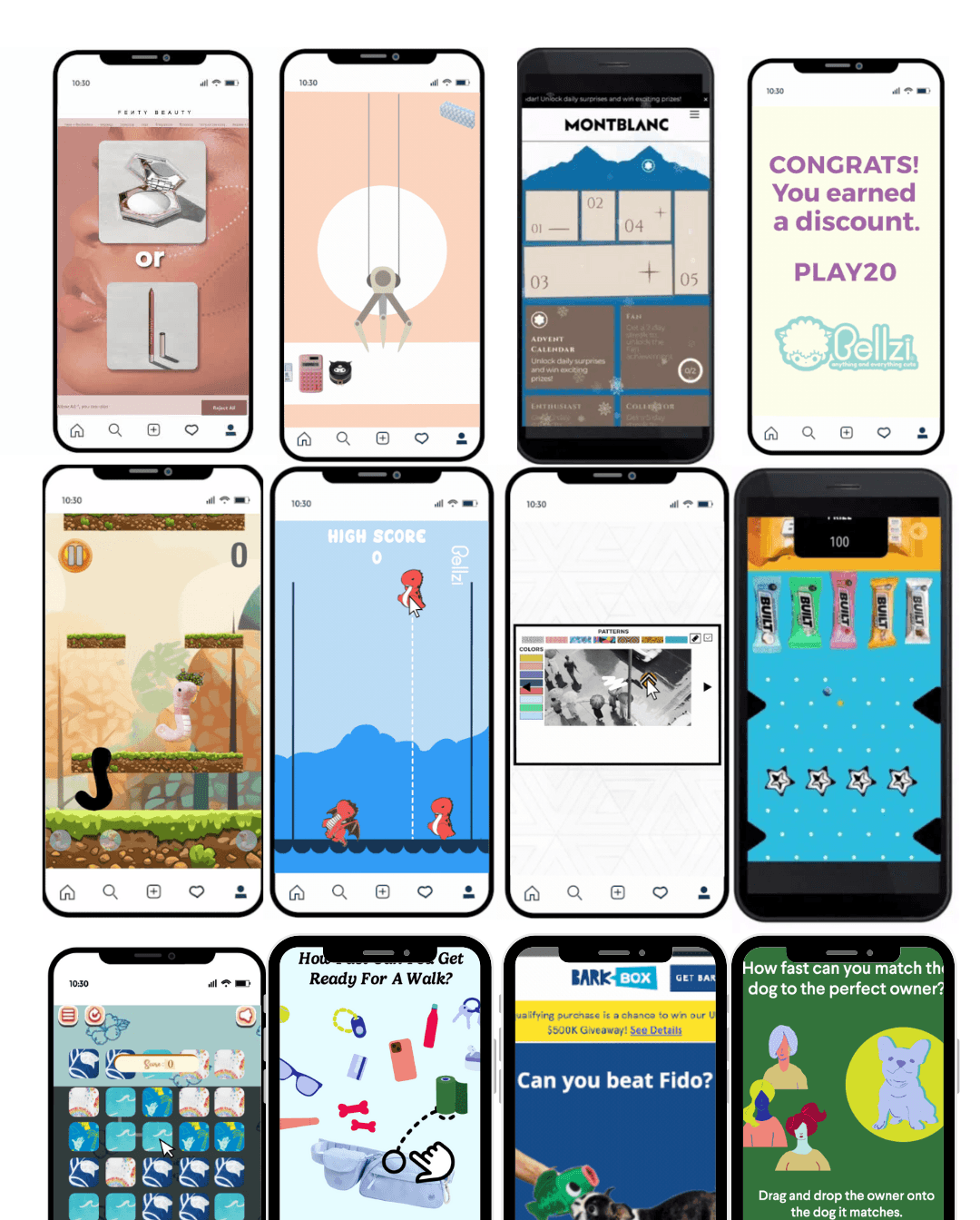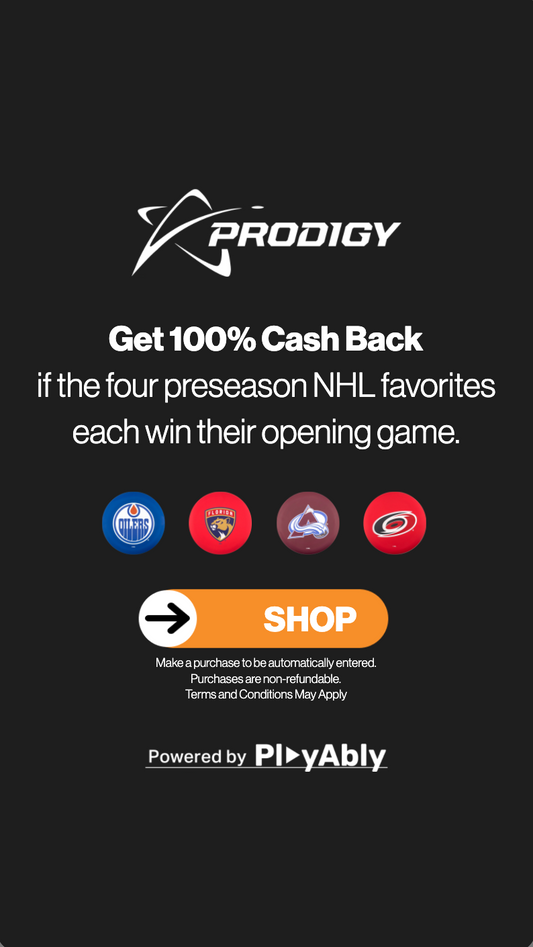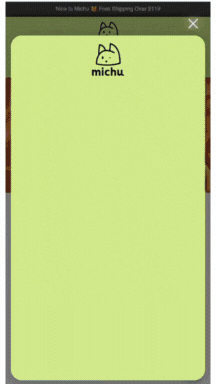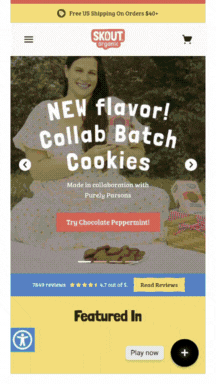Game Types and Their Business Benefits: Finding the Best Fit
Vintage Cars Customizable Game
Creating Customer Journeys Experiences in eCommerce with Gamification
Download The Guide
Gamification can take many forms, and selecting the right type of game for your brand is key to achieving specific business goals. Whether you’re looking to collect data, increase brand awareness, or generate leads, different game types offer distinct benefits that align with various business objectives. From trivia quizzes to scratch-off games, each type of game serves a unique purpose and can drive success in different ways.
Selecting the appropriate game depends on several factors, including your target audience, business goals, and the type of data you wish to collect. Brands that successfully implement gamification often see improved engagement, increased customer retention, and a boost in overall brand perception. For instance, Domino's gamified their ordering process with a "create-your-own pizza" game that led to a 30% increase in earnings(Elegant Themes). This example highlights how well-designed games not only engage users but also drive meaningful results for the business.
Vintage Cars Customizable Game
Gamification and conversion optimization go hand in hand. While gamification keeps users engaged, conversion optimization ensures that engagement leads to action—whether that’s making a purchase.
Download The GuideTrivia and Quizzes: Engaging Users and Building Brand Awareness
One of the most popular types of gamification is trivia quizzes. Trivia games can be used to engage users in a fun and interactive way while also educating them about your brand or industry. This type of game works well for businesses looking to increase brand awareness because it encourages users to think about your products or services in a way that feels entertaining, rather than promotional.
For example, Sephora regularly uses Instagram Stories to run quizzes about beauty products. These quizzes are not only engaging but also offer insights into users' preferences and behaviors. By asking questions about skincare routines or makeup preferences, Sephora collects valuable data that helps them tailor their marketing efforts(Emplifi). Trivia games also drive social sharing, as users are often encouraged to post their results or challenge friends, further increasing brand visibility.
In addition to raising awareness, trivia quizzes are excellent tools for building trust with your audience. When users feel that they’re learning something valuable or being entertained by a brand, they’re more likely to develop a positive association with that brand, which can ultimately lead to conversions and loyalty.
Scratch-Off Games: Driving Lead Generation and Sales
Scratch-off games are an effective way to drive lead generation by offering users a chance to win prizes, discounts, or exclusive offers. These games are simple to understand and quick to play, which makes them an attractive option for users who want instant gratification. Brands can use scratch-offs to collect data such as email addresses or phone numbers in exchange for a chance to win, making them ideal for businesses focused on building their customer database.
One example of successful scratch-off gamification is when e-commerce brands use these games to encourage users to sign up for newsletters or provide contact information in exchange for a discount or prize. This technique not only increases lead generation but also drives immediate sales. By offering a reward tied directly to the purchase, brands create a sense of urgency, prompting users to complete their purchase before the offer expires(Statusbrew).
Spin-to-Win Games: Boosting Engagement with Minimal Effort
Spin-to-win games are another common type of gamification used to boost engagement. These games are easy to implement and require minimal effort from the user, making them perfect for quick engagement. Brands like Domino’s have successfully used spin-to-win games to engage customers by offering them the chance to win a variety of rewards, from discounts to free products. The simplicity of this game makes it appealing to a broad audience and encourages users to participate without much hesitation(dlvr.it).
However, while spin-to-win games are highly engaging, they should be used strategically to avoid coming off as gimmicky or losing credibility. Brands should ensure that rewards are meaningful and that the game adds value to the user experience, rather than feeling like a cheap marketing trick.
Interactive Polls and Quizzes: Building Relationships and Gaining Insights
Interactive polls and quizzes are perfect for businesses looking to collect customer insights while fostering engagement. For example, beauty retailer Sephora frequently uses Instagram quizzes and polls to help users discover their ideal makeup or skincare products. These interactive elements not only engage users but also provide Sephora with valuable data on customer preferences(Emplifi).
Moreover, interactive quizzes can be used as a lead-in to a more personalized experience. After taking the quiz, users might receive product recommendations based on their answers, leading to increased conversions and customer satisfaction. This kind of interaction builds a stronger connection between the brand and the customer, as it shows that the brand cares about their individual preferences.
Finding the Right Fit for Your Business
Choosing the right type of gamification for your business depends on your specific goals and audience. Whether you opt for trivia to boost brand awareness, scratch-offs for lead generation, or polls for customer insights, each game type offers unique advantages that can help your business grow. By strategically incorporating gamification, brands can create engaging, fun experiences that not only entertain but also deliver tangible business benefits.



